Ordinances & Policies
Ordinances
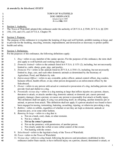 File size: 257 KB
File size: 257 KB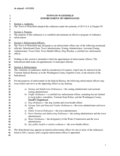
Enforcement Ordinance - 05.18.20
File size: 152 KB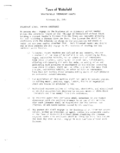
Itinerant Vendor Ordinance - 02.25.85
File size: 76 KB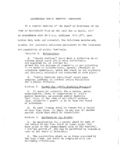
Public Festival Ordinance - 04.18.77
File size: 117 KB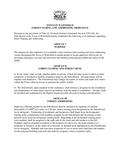
Street Naming and Addressing Ordinance
File size: 83 KB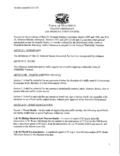 File size: 240 KB
File size: 240 KB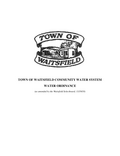 File size: 23 MB
File size: 23 MB
Policies
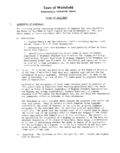
Acceptance of Highways Policy - 01.12.87
File size: 205 KB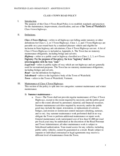
Class 4 Road Policy - 08.12.19
File size: 122 KB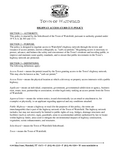 File size: 143 KB
File size: 143 KB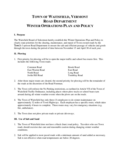
Winter Maintenance Policy - 11.26.07
File size: 72 KB
